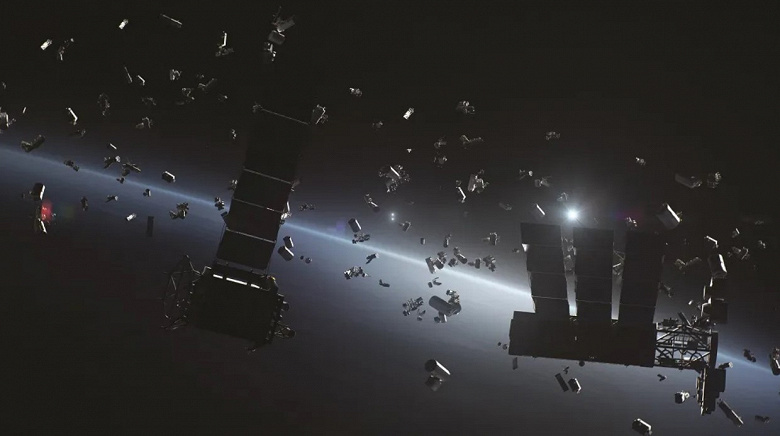The growth of companies not licensed by the Federal Communications Commission necessitates the development of interagency recommendations to prevent the formation of debris in orbit
The US Department of Commerce office, which licenses commercial remote sensing systems, is studying the potential negative impacts of orbital debris generated by commercial remote sensing systems. The division responsible for licensing such systems is reviewing a study that examines the possibility of closing the current legal loophole regarding compliance with regulations and preventing the creation of debris in orbit.
The Space Commerce Administration's Commercial Remote Sensing Regulatory Branch (CRSRA) has published a request for information (RFI) in the Federal Register asking questions about the rules for requiring orbital debris mitigation for systems that are being licensed. This request was released for public review on March 7.
The request notes that CRSRA has been requiring companies applying for commercial remote sensing licenses to submit a post-mission disposal plan for satellites for twenty years. However, in a 2020 rule review, the office abandoned this requirement, explaining that almost all systems applying for remote sensing licenses already had licenses from the Federal Communications Commission, which includes orbital debris mitigation plans.
RFI indicates that the Commerce Department office has removed the orbital debris or spacecraft disposal requirements in the final rule to avoid duplicative FCC regulation. However, recently there has been an increase in the number of transnational systems that are seeking to obtain commercial licenses for remote sensing without holding licenses from the Federal Communications Commission.
CRSRA also addresses new communication methods that are not currently regulated by the FCC. This means that satellites using these methods are not required to comply with the Federal Communications Commission's orbital debris disposal and mitigation requirements. In this case we are talking about optical communication systems that do not use the radio frequency spectrum regulated by the Federal Communications Commission.
The Commerce Department office seeks input from commercial remote sensing representatives regarding the need for partial restoration of orbital debris regulations for all licensee companies or only for those that do not hold FCC licenses. Options regarding compliance methods for non-FCC licensed licensees are also being considered, but these recommendations will not have statutory status.
A representative from the Office of Space Commerce introduced the RFI during an event celebrating the twentieth anniversary of the FCC's orbital debris rules on February 29. In his speech, Gabriel Sweeney, director of the office's policy, advocacy and international office, noted that it is becoming increasingly common for industry participants to fail to obtain FCC licenses. He noted that some US companies can only obtain a remote sensing license if they have associated licenses from the US government.
The goal of such efforts, according to Sweeney, is to prevent a situation where companies «can make purchases in another jurisdiction and avoid any sustainability requirements». The RFI was issued as the White House administration and Congress are considering proposals to regulate and oversee “new space activities” that are not currently subject to government licensing, ranging from satellite operations to commercial lunar missions. missions. If such proposals are accepted, the Office of Space Commerce will have authority to oversee some or all of these activities.
The new authorities will likely include additional rules on orbital debris prevention and related space sustainability topics. According to Sweeney, it will be important to work on this issue at an interagency level to avoid duplication of requirements and ensure consistent regulation of these activities.

